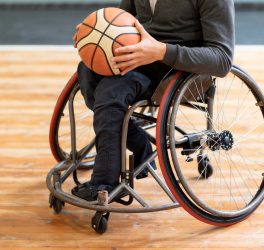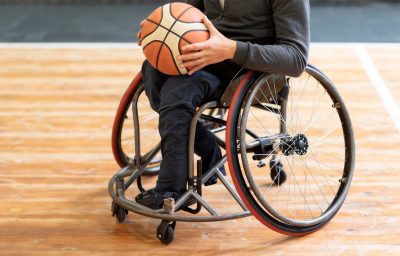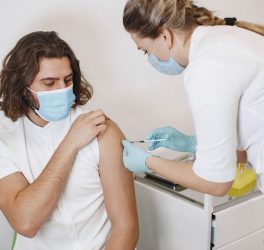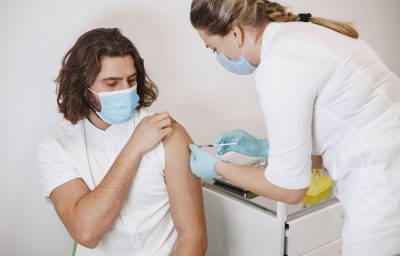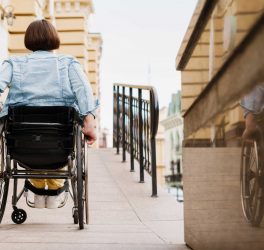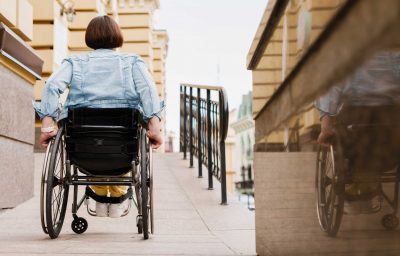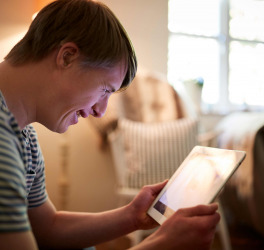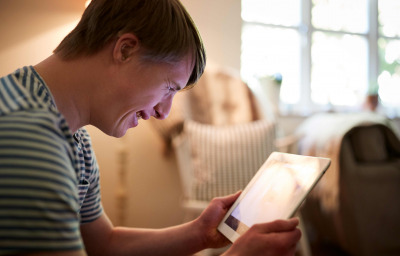Ursula Mueller – Assistant United Nations SG for Humanitarian Affairs made a statement at the Geneva launch of the Inter-Agency Standing Committee (IASC) Guidelines on Inclusion of Persons with Disabilities.
She said thatthese guidelines are a milestone in the humanitarian sector’s commitment to make inclusive humanitarian action a reality. And importantly, they represent the first guidelines adopted across the IASC that were developed with and by people with disabilities. The Assistant Secretary General added that the Geneva event was an opportunity to recognise this important achievement and to discuss the next steps which need to be taken to implement these guidelines on the ground. They are important because humanitarian crises disproportionately affect people with disabilities, testing their resilience and threatening their safety and well-being. They are crucial because, as the number of people who need humanitarian assistance rises, so too does the number of people with disabilities in crisis situations. These guidelines are central because we must ensure that humanitarian action responds to all people in need – in all their diversity and with a thorough understanding of their specific needs, priorities and capacities.
In short, for humanitarian action to be effective, it needs to be inclusive, said Ursula Mueller. She continued by saying that global humanitarian needs are on the rise. Protracted conflict, natural disasters and climate shocks mean that 168 million people on this globe need humanitarian assistance this year. This is the highest figure since OCHA started collecting this data. If current trends continue, and if governments do not better address climate change and the root causes of conflict, more than 200 million people could require humanitarian assistance by the year 2022.
These crisis contexts not only make assistance complicated for people with disabilities, but they are also a leading cause of disability. Conflicts kill and injure tens of thousands each year – 2019 marked the highest number of children killed or maimed in conflict since record-keeping began, said the Assistant SG in her statement.

